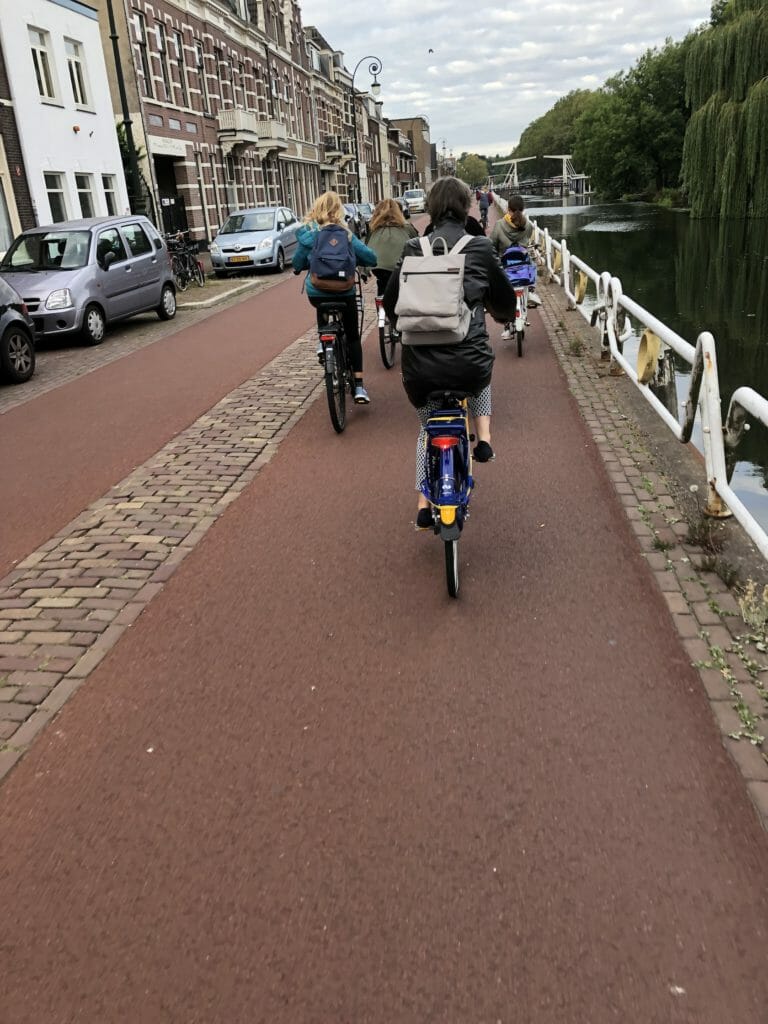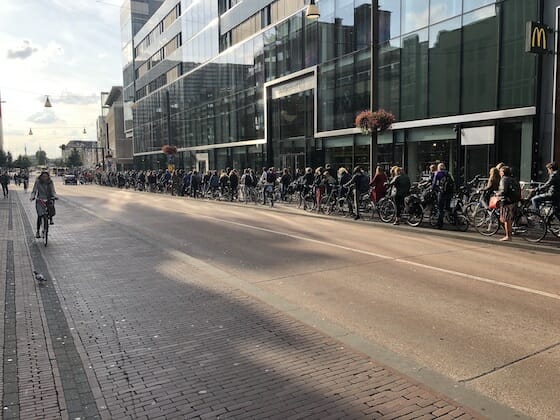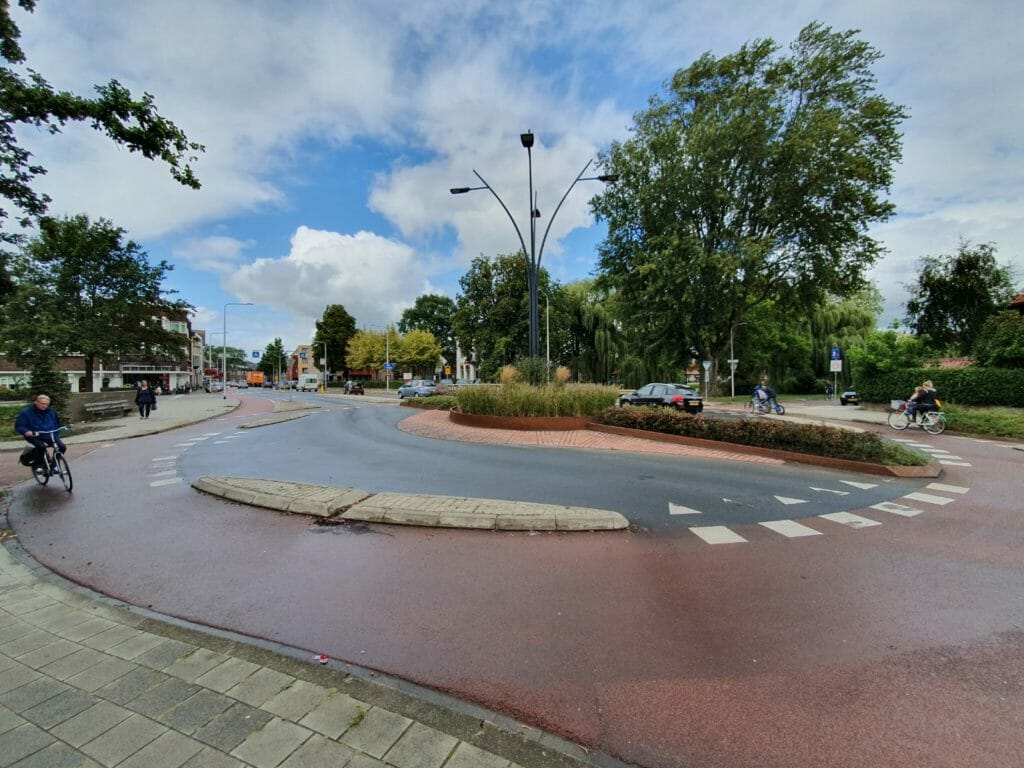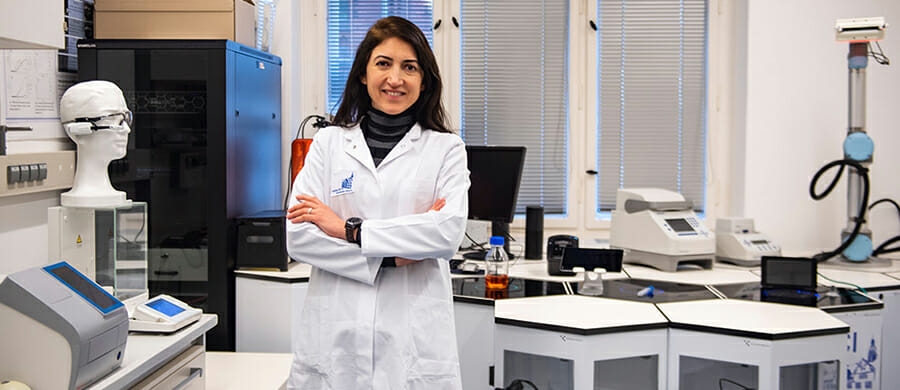DATA & FACTS
Project
BITS (2019-2022)
Scientific contact
Prof. Dr.-Ing. Habil. Jorge Marx Gómez
EU-Funding line
Interreg North Sea Region
Projektleitung: Prof. Dr.-Ing. Arno Kwade
Projektname: „Li-Ion Pilot Lines Network“ (LiPLANET)
Keywords: Energie, Mobilität, Partner
Projektleitung: Prof. Dr.-Ing. Arno Kwade
Projektname: „Li-Ion Pilot Lines Network“ (LiPLANET)
Keywords: Energie, Mobilität, Partner

Projektleitung: Prof. Dr.-Ing. Arno Kwade
Projektname: „Li-Ion Pilot Lines Network“ (LiPLANET)
Keywords: Energie, Mobilität, Partner

BITS – BICYCLES AND ITS
Information and intelligent systems for bicycle traffic
Bicycles and ITS (BITS) – A new multi stakeholder project on Bicycle and ITS (Intelligent Transport Systems) aiming to reduce CO2 emissions by 9% and increase bicycle use by 10% within target groups!
About
A modal shift to green transport is urgently needed as congestion, pollution, growing population and health problems threaten the livability of urban areas in the Nord Sea Region. Cycling has proven to be a major solution for these challenges. Not only as separate mode but also as a part of the multimodal transport system. More cycling data is urgently needed to position cycling within the multimodal transport system and to improve the system as a whole.
Regions involved in BITS already show a high bicycle use (NL, DK, BE) or have ambition to increase bicycle use (UK, DE). Intelligent Transport Systems (ITS) are important tools to achieve this, while also producing the desired cycling data.
The project kickstarts ITS in cycling by:
- Implementing ITS solutions that directly increase the take-up of cycling (+10%) and reduce CO2 emission (-9%) within target groups
- Sharing cycling data and building a CyclingDataHub to share, analyse and visualize the data ( >100 data sets)
- Use collected data to get better insight in the needs of cyclists to drastically improve cycling policies
- Integrate the ITS methodologies and datasets into broader multi-modality, thus anchoring cycling in broader mobility policies and share this data for a multimodal future
The demonstration of ITS applications and cycling data allow others to use these cycling data for applications and policies. The effectiveness of ITS solutions will be evaluated, challenges identified and results disseminated to other regions. The University of Oldenburg is taking care of the data analysis. A platform has already been developed within the project that stores the data collected in the project and displays them dynamically. After a selection of certain data and time periods, tables and diagrams are generated automatically. It is possible to compare different cities. The data can be freely downloaded and used. All data are linked with an additional description in the CyclingDataHub.
Project data
Under the BITS project ten partners from top cycling countries (NL, DK, BE) or those about to become (UK, DE) came together in a consortium to raise awareness of best practices of “Smart Cycling”, and to provide implementers with ready-to-use information and evidence from different regions. This project is believed to be the only one of its kind in the world. The BITS project, co-funded by the North Sea Region (NSR) Programme, has a budget of 5 million of euros over 3 years (2019 to 2022).

Author:
BITS Konsortium
Date:
28.06.2022
this might also interest you …

Project: changing direction
The project “Changing direction” (Kurswechsel) took place from 2020 to 2022, providing support for refugees preparing to enter the job market in Germany. The project offered the opportunity to rediscover one’s own skills with an experienced team, to prepare oneself sustainably for entering the labor market, and to network…

Project: decades
The chemical industry is currently facing the challenging transformation of replacing classic, chemical manufacturing processes based on petroleum with sustainable, bio-based products, in line with the concept of a circular bioeconomy. Solvents, in particular, play a crucial role in the chemical industry along the entire production chain.
